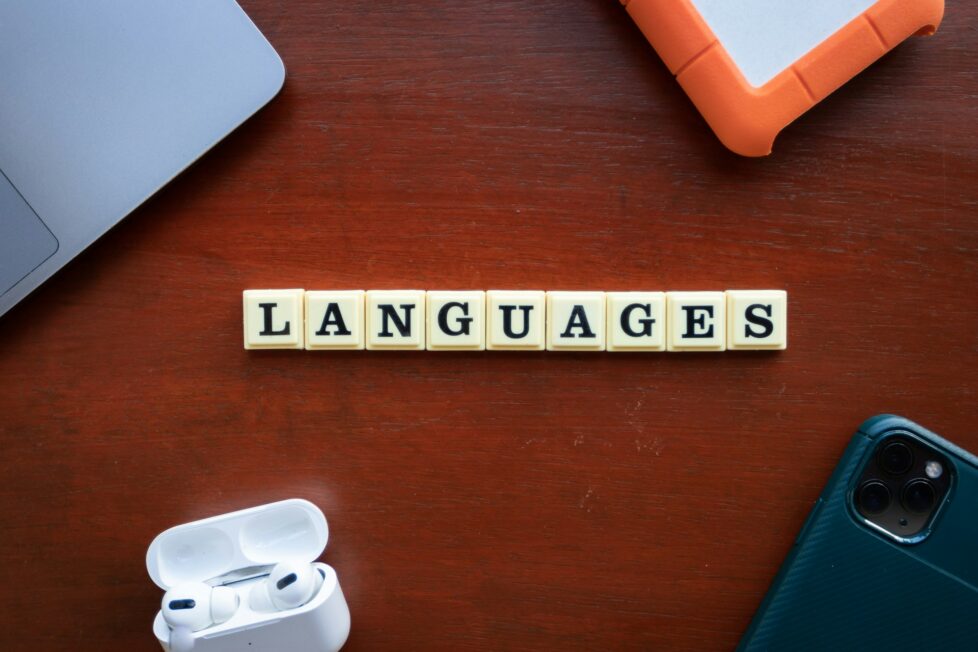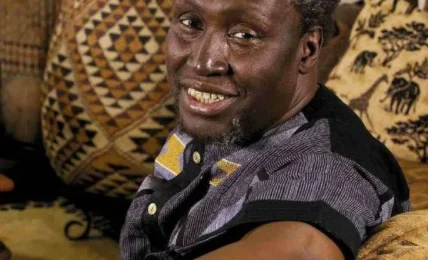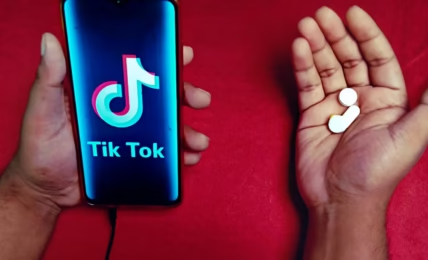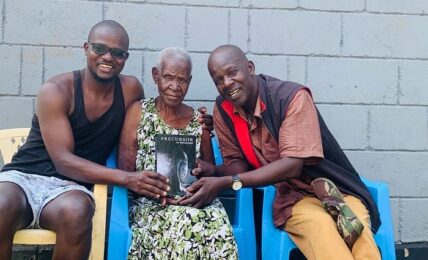Breaking Colonial Tongues: Africa’s Linguistic Fault Lines and the Path to Unity
In Africa, colonial languages remain entrenched in governance, education, law, trade and different cultural identities across the continent today. However, digital technologies, especially AI-powered language tools, are offering unprecedented opportunities to dissolve these barriers and amplify Africa’s voice.








